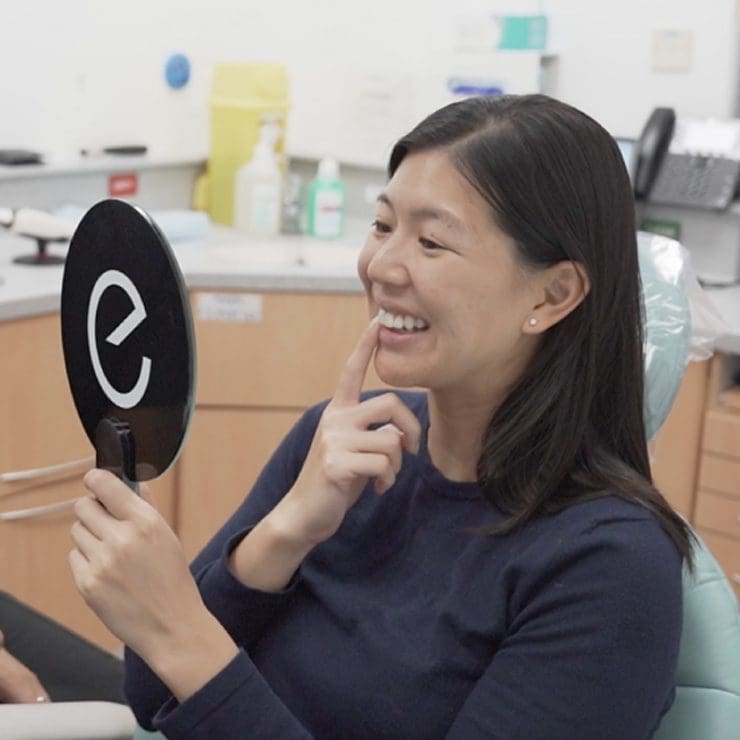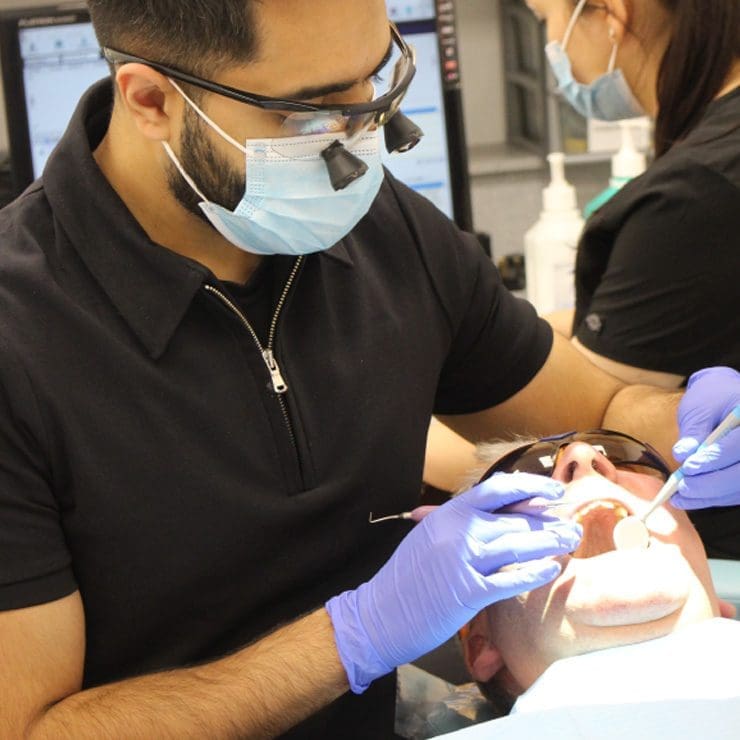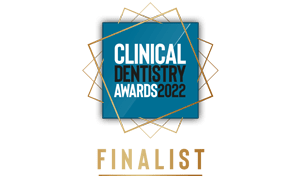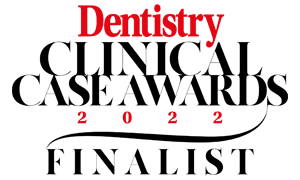Being Referred to a Specialist
If you’re referred to a dentist who specialises in this field, you should expect a variety of solutions to treat your issue, including surgical and non surgical approaches. Most treatment starts with what is known as initial phase therapy – a thorough cleaning of the teeth to remove tartar (calculus) and plaque. This is usually performed under local anaesthetic.
More advanced treatments can include periodontal surgery to treat gum disease; these include tissue regeneration where bone grafts for the regeneration of bone are used, pocket reduction therapy, reducing the space between the teeth and gums, and gingival or gum tissue grafts. Your periodontal specialist will advise you if these are required.
Prevention
Prevention of periodontal disease is important to avoid potential tooth loss and other complications in the future. There are various risk factors that should be avoided to prevent the development of gum disease. These risk factors include smoking or chewing tobacco, certain medications, defective fillings. Other risks include diabetes, poorly fitting bridges, and teeth that are not straight and make cleaning and brushing difficult. The easiest way to prevent periodontal disease and subsequent surgery is to practice good oral hygiene by brushing (at least twice per day) and flossing regularly. It is also important to visit a dentist regularly and maintain a healthy diet, too. Many patients find flossing difficult, you might want to consider different ways of brushing between your teeth, such as TePe brushes. Some patients will also benefit from anti-tartar (calculus) toothpastes.
..
The Training of a Periodontist
In order to be considered a specialist in the United Kingdom, individuals must have qualified as a dentist first by having a degree in dentistry (BDS or BChD), then complete a post-graduate certificate specialising in this subject after at least 3 years of professional training. Individuals will hold the MRD RCS examination of one of the Royal Colleges and will be on the appropriate specialist list at the GDC.
Whether the suggested treatment involves a surgical or non-surgical approach, we ensure that every step is taken to maintain the well-being of the patient and use techniques that work in their best interests. Patients will always need to attend an initial consultation, and treatments are carried out at our state-of-the-art London-based practice.
















